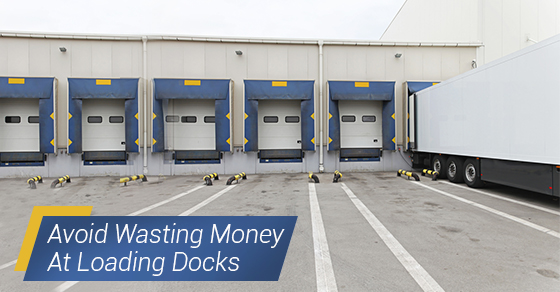There are a lot of mistakes and omissions that hydraulics users make at the loading dock that end up costing them a lot of money afterwards. Here are a few tips to help in maintaining the equipment and reduce your costs:
-
- Hydraulic Leveller versus Mechanical Leveller
The cost of purchasing a hydraulic leveller is quite high, but over a ten-year period, a mechanical leveller will have cost you nearly twice as much in repairs and replacement parts. Though the lower initial cost of a mechanical leveller makes it a great choice for starting a business, the downtime, safety concerns, and repairs will be troublesome and expensive in the long run.
-
- Purchase the Right Capacity of Dock Leveller
Loading docks are known for having rigorous forklift traffic and a tough loading dock environment, and a heavy duty machine may not necessarily be a good fit in this kind of environment. Having a heavy-duty dock leveler in this setting may cause safety concerns and excessive service calls. Though a larger capacity machine may cost you more upfront, it will pay for itself quite fast. So, always compare the build sheets on equipment to ensure you get the capacity you need.
-
- Get a Professional to Construct the Dock Leveller Pit
The problem is that many contractors use improper ways or shortcuts when forming a new dock leveler pit, and the concrete and curb angles come loose in a few years and compromise the safety of operations. Poor installation can also be expensive in the long run, which is why you should only contract professionals.
-
- Change the Oil at the Right Time Based on an Oil Analysis
A hydraulic oil change for the leveler is only necessarily if the base oil has degraded, or when the additive package has been depleted. But considering the variables that influence the rate for oil degradation and additives depletion, changing oil based on the number of service hours – without reference to the actual state of the oil – may be too costly in the long run. Instead, perform an oil analysis at different intervals to identify the right time to change the oil.
Oil is the most important element in your hydraulic system: it serves as both a lubricant and means for power transfer throughout the hydraulic system. So always check your filters and the type of oil you’re adding to your machine to optimize the performance and service life of your equipment.


